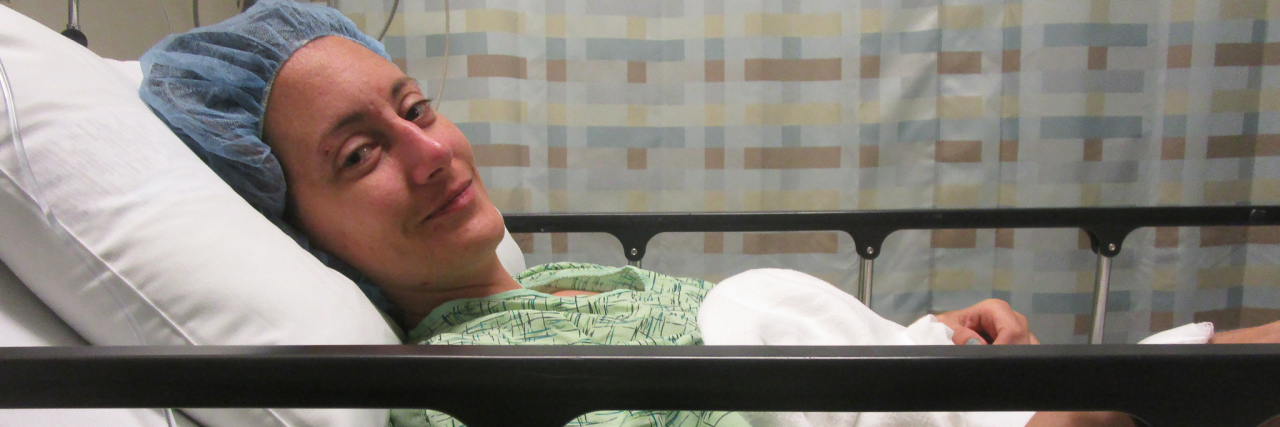“Maybe you’re too sensitive and feel pain too intensely.”
“Is this pain connected to an emotionally strained time in your life?”
“Trauma could have activated a pain receptor that can’t deactivate.”
After trying to explain my nearly six-year debacle with chronic pain to four physiotherapists, two chiropractors, three pain doctors, two GPs, four mental health professionals, two neurologists, and multiple massage therapists, I have heard one of the phrases above at least once.
When trying to diagnose the pain deep in my left buttock that never went away, the MRI, EKG, and x-rays all came back clean. I went so long without answers and hearing the above speculations — even if the person meant well — made me second-guess my own experiences and wonder if I had a severe psychosomatic response to stress, manifesting in one butt cheek being in constant pain.
What is wrong with the healthcare system when a patient can be gaslit so badly that they begin to doubt the alarms their body is sending? When professionals don’t have answers in their expertise, why do they place the burden back onto the patient instead of investigating symptoms and offering alternatives to look into?
Is it not possible for a person with mental health issues to not experience physical health troubles? I have been hobbling for over five years on my left leg because my piriformis muscle was jammed into my sciatic nerve, making any isolated gluteal exercises cause more damage and pain.
While Canadian healthcare is “free,” how do we ensure that those who may be the most marginalized (young people, women, people of color, mental health patients) do not get the worst treatment in an already broken system? If the average single Canadian pays $4,640 a year in healthcare, does that mean they receive it immediately or are they just paying for their place on waiting lists, while having to medicate themselves and watch their conditions, bodies, and lives further deteriorate?
I learned that no surgeon in Nova Scotia will do the piriformis removal because there’s “no proof” that it’s a fix. Many orthopedic surgeons refuse to believe that the piriformis muscle is even capable of causing pain. While my husband and I didn’t have the funds to get the surgery, I knew that the cost of not having this matter dealt with would be far greater than the $15,000+ USD debt we incurred from this trip.
I felt better after surgery than before I did going in. Having my butt cheek cut open (warning!) and a muscle taken out was less painful than the scar tissue buildup on my enlarged piriformis muscle that was pushing so hard into my sciatic nerve that nothing other than surgery could have cured it.
I was right, as I always was about my health. Even after being forced to doubt myself and my body’s capabilities because of my mental health history, I don’t know how to stop the next doctor from writing their next young, scarred, emotionally vulnerable patient as a drug-seeker instead of considering their words as truth: that they are a desperate human looking to get life back on track.

